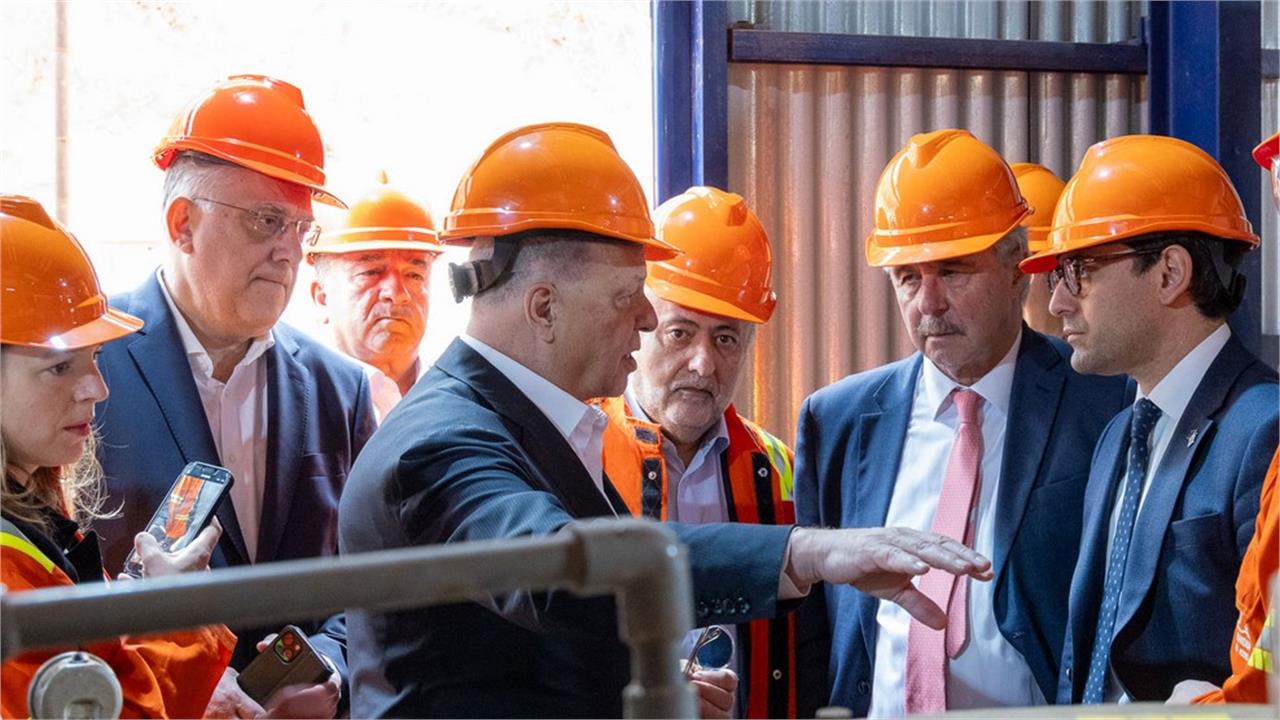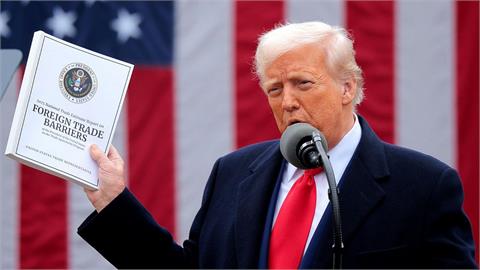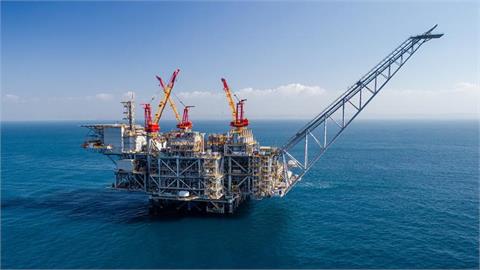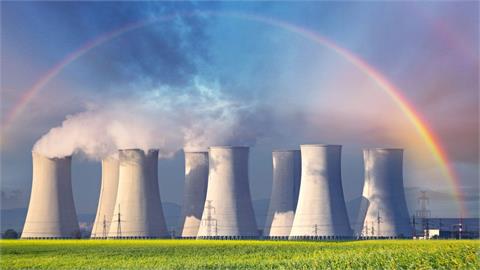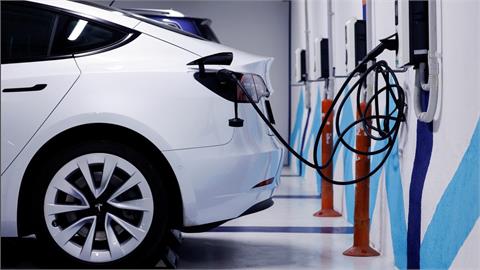European Commission Executive VP Stephane Sejourne discusses country’s role in EU’s 47 strategic projects of Critical Raw Materials Act.
Greece has an important role to play in meeting the entire demand of the European Union for the critical raw material gallium, Executive Vice President of the European Commission for Prosperity and Industrial Strategy Stephane Sejourne, who was in Athens last week, tells Kathimerini, following the presentation of the Commission’s ambitious plan to ensure Europe’s sufficiency in critical raw materials.
The commissioner says dialogue is required with local communities to assure them about the environmentally friendly conditions offered by European mining legislation and explains the need for the bloc to become less independent on third countries, amid shifting geopolitical developments.
Sejourne also assures that Europe will defend its interests to the fullest against US President Donald Trump’s trade war, adding that Europe is living a “little intellectual revolution,” in terms of establishing a preferential regime for European businesses through the new public contracts.
What could Greece’s role be in the Commission’s plans for its strategic autonomy and the EU’s self-sufficiency in critical raw materials?
Greece is one of the countries that is hosting one of the 46 European strategic projects in critical raw materials. Those projects aim at significantly reducing our dependence on outside the EU when it comes to aluminium, lithium, cobalt, copper and 13 other critical raw materials. It is now EU law that our continent could not exceed a certain threshold of dependence in extraction, processing and recycling from outside our continent. The project in Greece is one of the most promising: It could account for 10% of our aluminium needs and might be able to provide the totality of the EU demand in gallium. That is why it will benefit from a fast track in administrative processes and financing from the EU.
Apart from gallium, does Greece have any possible other critical materials or rare earth metals that are in the interest of the Commission?
The geology of Greece is rich. In my discussion with Prime Minister Mitsotakis, it was clear that we can probably have more projects. Greece has the soil and also the business expertise. Metlen is an example of this. We will have a new call for projects this year and I hope to have Greek projects to assess. Greek citizens should be aware of how significantly they can contribute to European sovereignty in that regard.
There have been certain reactions by local communities to mining, due to concerns about environmental impacts. Must these concerns be put aside? Are you worried that some of these local reactions may become barriers to the implementation of the selected projects?
The EU offers the most environmentally friendly and socially friendly conditions in the world for mining, and raw material processing. Our laws always include dialogue with the local populations and the national authorities are responsible for implementing this.
The reason that I have decided to go on the ground and present publicly those projects is also to raise awareness. Europe is rich in raw materials, it can be a tool of security, of economic competitiveness and of employment. Also, the demand for those materials won’t go away. If we don’t do it in Europe, it will be done in catastrophic conditions elsewhere by countries that could at any moment stop sending what we need. Without gallium, no solar panels in Europe. Without rare earth, no defense capabilities on radars. Without manganese or copper, no European steel. My job is that European citizens have never to be confronted with such a situation.
The US has made clear that they are seeking to take advantage of the mineral wealth of Ukraine and Greenland. Is Europe also interested in this wealth?
Our strategy began way before the Trump administration made such claims. It is pushing us to accelerate but this is something that we should do regardless of the international context. Currently, the US administration is trying to find the legal basis to ease mining and processing in its own country as they face restrictions from China. For us, we have had the legal basis for two years. Of course, Europe cannot provide for itself so we will announce strategic projects outside the EU in the coming weeks. Diversification is also key. I cannot comment for the moment on those specific projects but there is already agreement in the form of a memorandum of understanding with the Ukrainian authorities, dating from before the war in Ukraine. Our administration and mining experts know each other and we hope we could collaborate more. I addressed this issue in Kyiv when the College of Commissioners met with the Ukrainian government.
How much time do you think it would take for the EU, if at all, to reduce its dependencies on China? Is it too little, too late? What alternatives does the EU have?
The targets of 2030 are very ambitious but reachable. In five years, we should not be dependent on a single non-EU country for a critical raw material by more than 65%, we should extract 10% of our needs, transform 40%, 25% and recycle of what our industry needs. It is fundamental that we achieve those projects in due time. With some critical raw materials, like lithium, that is essential for batteries, we could be self-reliant if all the projects are functioning by then. Our trajectory is clear: from almost full dependency to full sovereignty, thanks to EU extracted, produced and recycled materials. There are even cases, like tungsten, when we extract a significant part of what we need, but we sent it abroad to be processed! We know, with Covid-19 and the war in Ukraine, that we cannot take the risk to be dependent on a very unstable outside world. We have to accelerate, and I am confident that those projects are going to be game changing.
From the very first moment you have called for a “Europe first” strategy in key business sectors. Are you still confident that Europe would not become “a collateral victim of a global trade war”?
Europe will defend its interests, and it is our interest that there are no trade wars. We are doing everything that we can to [continue our] dialogue with the US administration. But if we are targeted, we have to retaliate to protect our economies. I am confident though that we are living a little intellectual revolution in Europe. We are introducing a European preference in public procurement. We are putting obligatory European components for the car industries – a key file that I workedon with Commissioner [Apostolos] Tzitzikostas. We are 500 million and have a lot of talents, incredible companies, SMEs. We also should trust ourselves more. Europe is a global power economically.
Mario Draghi is still warning that Europe’s competitiveness is in peril. How do you respond to his calls for urgent reforms in defense, energy, innovation, and financial governance?
The Draghi report is now the economic doctrine of the European Commission. We are going full speed to implement its recommendations. In 100 days, we started to simplify our laws to be more business friendly, we have presented the Clean Industrial Deal to speed up our decarbonization while making it competitive, and launched two sectorial plans to save the automotive and the steel and metals industries. It is unprecedented. We still have to complete our saving and investment union so European money goes to European companies and investments when too often it goes overseas. My mission will also to do more for the single market, it is an untapped source of growth.
(by Alexandra Voudouri - ekathimerini.com, April 2, 2025)
